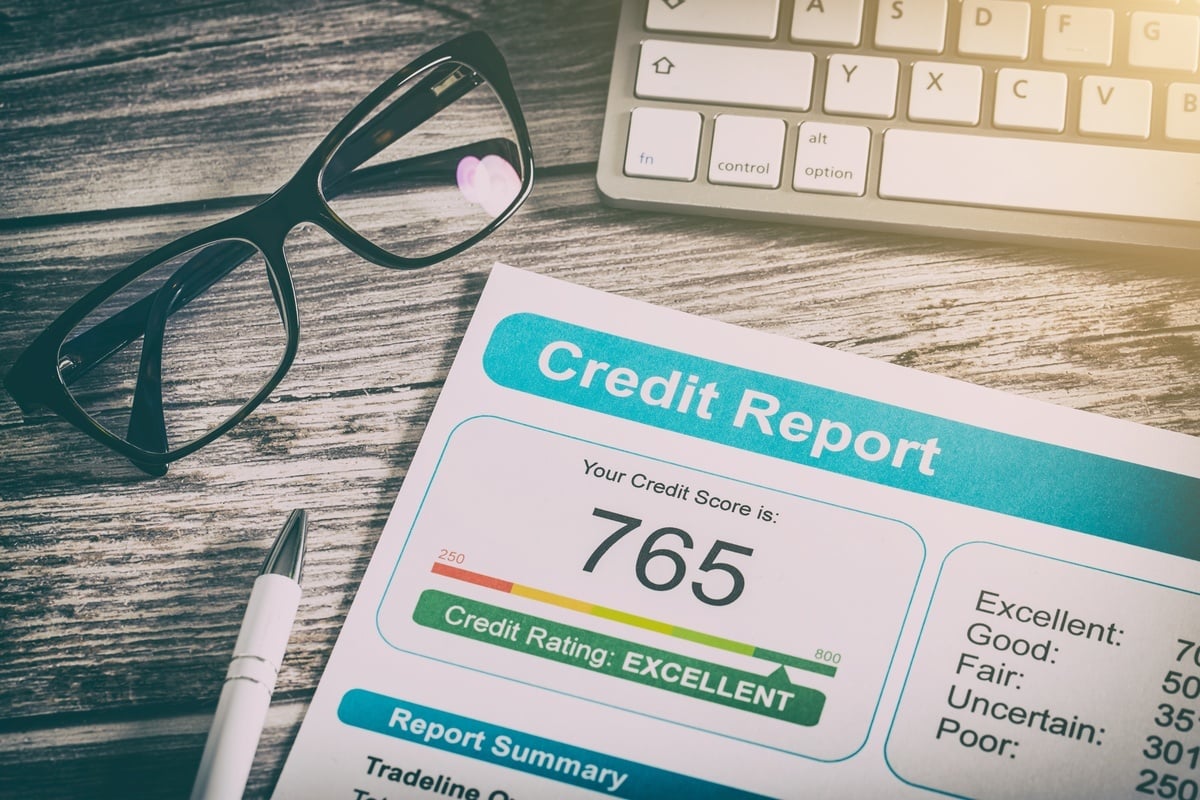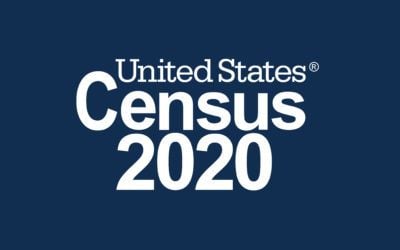
Every American resident knows about their credit score. They also know that the health of their credit score impacts different areas of their lives such as the ability to secure a loan and interests on credit cards. Most people also know that ID theft can severely affect credit score. The question however is, do you know how that happens?
In this guide, we shall share important details about your credit score and factors that affect the status of your credit score and how they can easily be affected by ID theft.
Let’s get started, shall we?
Payment History
Payment history is perhaps the most crucial factors that financial institutions consider when calculating your credit score. It accounts for 35% of your total credit score. Generally, payment history is determined based on your efficiency in making payments- it is always advisable to pay your loans or credit on time. A small default or delay in payment can negatively impact your credit score. A 30-day delay in payment can result in a drop of 100 points off your credit score.
How ID Theft Affects Payment History
Whether a criminal is using the information of a stolen credit card to run up the balance or use the same information to open new credit, they will not pay the bills once they rack up. Even though credit card owners are not obligated to pay back fraudulent bills made in their name, it will take time before the issue is resolved.
However, if the fraud is identified and stopped within seven days after the act, it will take a couple of weeks for the fraudulent charges to be removed and reflect on your credit card report. This will lead to missed payments. You will see details of missed payments in your credit report until fraudulent charges are removed. It will take time for your score to recover.
Credit Utilization
This is yet another crucial factor that has a great impact on your credit score as it accounts for about 30% of the total score. Your data may climax under the debt level. This includes the ratio of what you have deposited on your account, credit utilization and the total amount of debt that you have. Your credit utilization is the most important aspect.
What is credit utilization?
This is the ratio of the balance to the credit limit on your credit card. It is always advisable to keep your credit utilization below 30 percent.
How ID Theft Affects Credit Utilization
ID thieves are usually determined to steal and identity as fast as possible before they are caught. So, they could run up credit balances as soon as they get hold of your details. Keep in mind high balances result in higher credit utilization. This, in turn, will negatively impact your credit score, decreasing it even further.
The good news, however…
Credit utilization changes almost immediately. When the criminal charges are erased from your credit report, your credit score will bounce back as soon as your credit utilization goes back to normal.
Length of Credit History
Also known as credit age, length of credit history is a factor that is also used to calculate credit score and it accounts for 15 percent of the total score. When calculating credit history, the aggregated age of your credit accounts and the age of your oldest credit account are analyzed.
The older the credit history, the higher your credit score. Having old accounts and a long credit history tells financial institutions that you are a responsible person and are capable of paying off your debts.
How ID Theft Affects Length of Credit History
Experts advise that you should not open several lines of a new line of credit at a time because the length of credit history length is the aggregate of those accounts. Moreover, having more than one new line of credit at the same time offers an opportunity for ID thieves to steal from you.
If several lines of your new credit are illegally opened in your name, then it will affect the length of your credit accounts, which in turn, will reduce your credit score. The good thing, however, is that credit score can go back to normal once fraudulent accounts are erased.
Credit Inquiries
This accounts for 10 percent of your overall credit score. Two types of credit inquiries exist: soft and hard. Reviewing your credit score is a soft inquiry and doesn’t affect your credit score whatsoever. However, when you apply for a new line of credit, finance a home, or rent a car, a hard inquiry will be conducted by the creditor, and this will affect your credit score.
While two credit inquiries may not affect your credit report, having a higher number will negatively impact your credit report sooner or later, reducing our credit score considerably. It is dangerous to have a lot of credit inquiries on your report within a short period. Hard credit inquiries will appear on your credit score for a year and will reduce your score after 2 years.
How ID Theft Affects Credit Inquiries
If an ID thief has sufficient details to open a credit card in a person’s name, they will open more than one accounts. And if the thief opens several credit cards within a short period, it will result in multiple hard credit inquiries on your credit report. And this will eventually destroy your credit score.
If you notice accounts being opened without your consent, react quickly to shut them down. But once the fake accounts have been erased from your credit report, the hard credit inquiries will remain in there unless you dispute them with the credit bureaus.
Credit Mix
This is the last factor that impacts your credit score, taking approximately 10 percent of your credit score. This is the diversity of your credit. If you have two types of credit in your name- installment loans and revolving accounts, it shows the creditor that you can manage different credit types and can increase your credit score. Note, however, identity theft does not impact your credit score.
Concluding
You need to take into consideration the above factor because if any of these factors are compromised, it could affect your credit score significantly. Even though it will recover, it may take some time.
So, What Is the Importance of This Discussion Then?
A lot of credit card holders do not take care of their credit score, not unless they find a reason to. People will only worry about their credit score when they want to finance their home, car or want to money for a major project. And all of these scenarios are sensitive and depend on your creditworthiness. Plus, you may not have a lot of time to wait for your credit score to recover from a fraudulent activity to rent a home or purchase a car.
So, What Should You Do Then?
To ensure your credit score is always in good health, consider automatic credit monitoring because it lets you track every activity on your credit card. Also, you will be notified in case a fraudulent activity takes place, reducing the time that counterfeit activity will impact your credit score.
Related Articles
A Guide About 2020 Census and How to Avoid Its Scams
Most people know little or nothing about the US Census. But this is an activity that only takes...
Tools to Help You Manage Your Children on Social Media
No parent wants to imagine their children all grown: joining dating sites, social media, and...
Protect Yourself Against This Tech Scam During Your Summer Vacation
Today, public Wi-Fi has become common all over the world and consumers are connecting to these...



